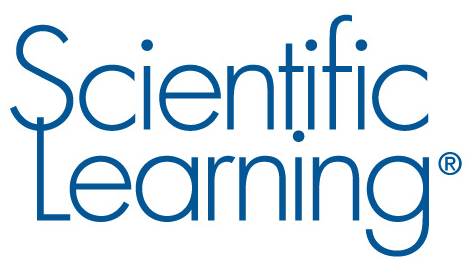7 Ways to Increase Your Presence as an Education Leader

As leaders in the education arena, we take a leadership role with many stakeholders: teachers, students, parents, and the community. All of these people feel our presence as a leader in different ways—from the teachers who interact with us in the lounge or through classroom observations, to the students who might give us a high five in the hallway or dread coming to our office. Also, our leadership presence is felt by the parents and community members who see us greeting kids at the doorway or speaking at an assembly.
I recently heard a leader comment to a teacher, “You may not like it, but you have to respect my position and authority.” This type of comment burns bridges instead of building them and decreases the positive presence of the leader. Instead of expecting respect because of the title or the position, work on increasing your leadership presence and inspire those you wish to lead to follow you regardless of the title.
- Avoid power trips.
The difference between having a leadership title and having leadership presence is what Baldoni calls earned authority. A mistake that many leaders make is expecting, even demanding, respect because of the title. At the end of the day, the only real authority that you have as a leader is the authority that you earn. So, be humble about that nameplate on the office door. Alone, it is worth very little.
- Work alongside teachers, parents, and students to co-construct a vision for learning.
As leaders, we earn authority and develop presence through our daily interactions. One of the best ways for a leader to develop presence and begin building authority in a school community is to work collaboratively to develop a vision for the school and set goals for what learning looks like. You aren’t a leader if no one follows you, so from the beginning, use words like “our” school, “our” vision, “our” community, and work with stakeholders to develop a shared vision for the future.
- Listen and talk with, not at, others.
Stephen Covey points out that listening and seeking to understand others is one of the core habits of highly effective individuals. Listening and dialoguing with stakeholders is an essential skill for leaders in education. Leaders must be willing to let down their guard, invite open dialogue, and truly listen to other stakeholders who are working toward the same goals for students.
- Prioritize your time and energy around things that matter most.
If you ask a school leader what matters most, the answer will likely have to do with the children—their learning, their growth. But, many leaders spend more time each day dealing with administrative issues and “adult issues” than focusing on students and their learning. Want to build respect and a positive presence with teachers who are on the front line in classrooms every day? Devote more time to focusing on students and learning by being present where students are. Informal visits to classrooms to engage with students as they learn or daily trips to talk with students in the cafeteria or at recess go a long way.
- Harness the conviction that the work is important.
Do you believe the work that you do every day as a school leader is important? Is it critical? Do you believe that what we do in schools has the power to change the trajectory of a life? If you don’t believe those things, you might be in the wrong profession. But, if you do believe those things, harness that conviction. Share that conviction with your staff, with parents, with the community. Let them all see your heart for kids and your belief in the life-changing power of education. It is this conviction and heart for the work that will increase your presence.
- Realize the power of asking for input and feedback.
If you believe in building a collective vision and goals for the future, then you realize the importance of asking for input and feedback from stakeholders. This goes along with seeking to understand. When you don’t ask stakeholders for input or feedback, you send the message that you don’t understand, or care, about any concerns or ideas that they may have. While it may seem counter-intuitive to allow your plans as a leader to be influenced by the ideas of others, building collective buy-in and inspiring others to follow begins with being open to their ideas so that you create a vision they will follow.
- Be willing to admit to a mistake.
This is harder for some leaders than others. Some see admitting to a mistake as a sign of weakness; however, pretending that a mistake did not happen or blaming others when things go wrong is the quickest way to undermine your presence as a leader. Being the leader is difficult, and at the end of the day, responsibility rests on your shoulders. The best leaders realize that they build trust and inspire confidence when they can admit that they made a mistake—tried something that did not work, reacted out of emotion in a situation—are willing to apologize for the mistake, and can articulate a clear way forward. It sends the message that we are human, but our characters are big enough to accept responsibility when we are wrong, and we care enough about our stakeholders to own our choices.
You may think that strong leaders are born, not made. True, some people are just more charismatic than others. But, good leaders know that their presence as a leader is not just about their innate personality. A leader’s presence is built a day at a time, and interaction by interaction. Increase your leadership presence by prioritizing things that matter most, working collaboratively with others, and making sure those around you know that you are more than a nameplate on the door.





